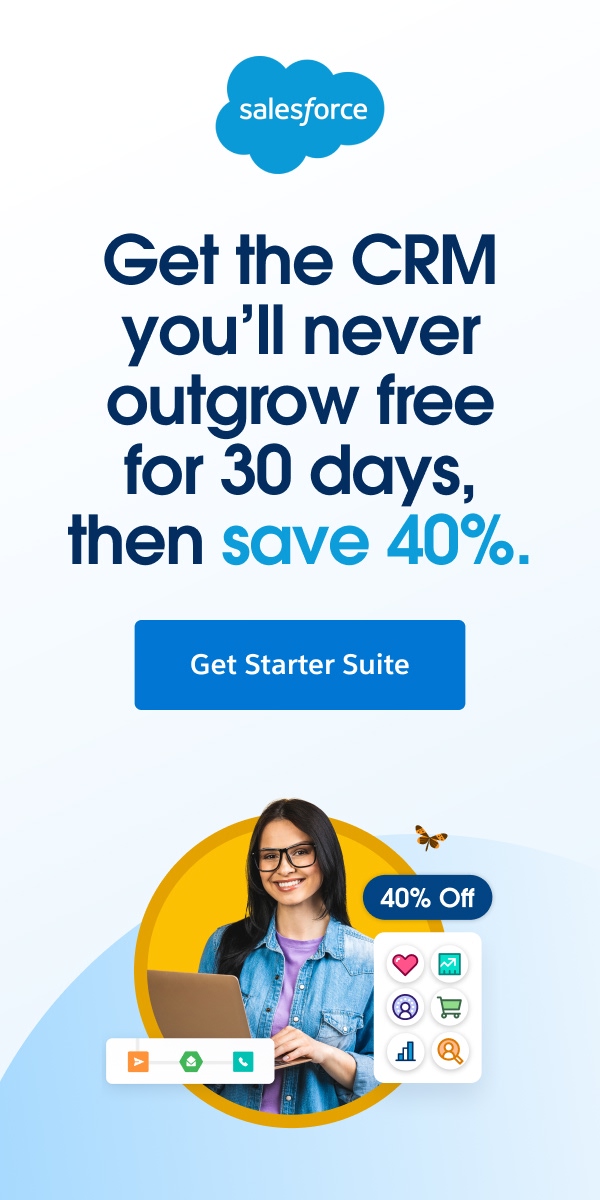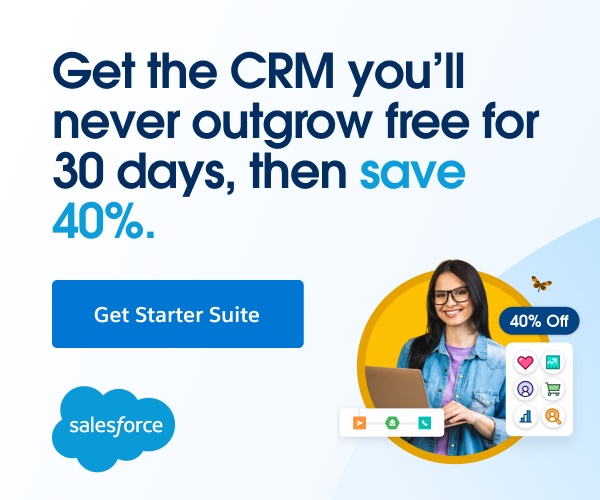Form began over a coffee in early 2018, but we first met more than a decade ago at university. After a career in public policy, including as a ministerial adviser in the British government, I’d realised there is this major gap between the world of startups and innovation on one hand, and the world of government and policymaking on the other. Yet nobody was thinking seriously about how to close this gap, or the value of doing so.
After also working in policy, Patrick had been leading investing at Deloitte Ventures and was developing his own view on what new funds need to do to win in a venture market with increasing liquidity and competition. His conclusion was that Europe will have to follow the US, where funds are increasingly differentiating by what they invest in and how they add value to founders.
We put the two insights together and saw a major opportunity for a new fund to tap into this untouched area between startups and government, and to help founders think through the associated risks and opportunities.
But the barrier for emerging venture fund managers is really high. We knew we needed to demonstrate that we could execute against the thesis we’d developed, just like any founder does in their early stages. So we started with a small Fund I which we raised over the summer of 2019 and started deploying in the autumn. From that experience we have a lot of founder empathy when it comes to fundraising! We’ve made five investments from that Fund I so far, but all the time have been working on a much larger Fund II which we aim to close in the first half of 2021.
Which industries are you working in?
We use “regulated markets” as a shorthand to answer this question. But what we really mean is any market or business model where the decisions of politicians, policymakers and regulators can have an influence, which when you think about it, is pretty broad!
We break this down into three main groups. ‘Hard’ regulated markets are those you might instinctively think of - financial services, healthcare, energy - where you tend to need a formal licence or authorisation from a sectoral regulator. ‘Soft’ regulated markets are those where the impact is more indirect - such as gig economy models, which are really exposed to changes in labour market rules, such as California’s AB5 law. And finally what we call ‘frontier’ markets, where regulation and policy is either fundamentally unlocking a market, e.g. Open Banking in the UK, or threatening to kill some business models outright, such as the tightening noose around crypto.
Key to this is our belief that policy and regulation are issues to be optimised for like any other - go to market, product, team, unit economics, and so on. They can be a source of real opportunity as well as risk, but often founders and their early investors have a real blind spot here.
What do you look for in a founder?
The founding team is probably the most important factor driving our investment decision making, so we think about this a lot. We can have really high conviction about a startup in every other way, but without belief in the founding team we won’t invest.
We use a model we’ve developed based on our own experience of investing, hiring and working with people, combined with the best insights we’ve come across from other investors. It’s also designed to avoid indulging our own biases about the background people have - we don’t want to fall into the trap of investing in people who look and sound like us.
Among the key questions we ask are: is there a degree of ‘founder-market fit’? Do they have the ability to recruit, lead and inspire a highly talented team? And do they have the bias to action, and grit that is needed to persevere through the inevitable tough times?
Can you talk about your current portfolio?
We could talk about it all day! What they have in common is an ambition to take on knotty, difficult markets which have deterred others, but where the opportunity reflects the size of the challenge.
So, Peppy is supporting employees through life’s key transitions, such as menopause and new parenthood. Bubble is making childcare more flexible and accessible. Organise is providing workers with the ability to collectively campaign for workplace improvements. Wollit is bringing stability to the incomes of those with variable or zero hours contracts. And Bricklane is democratising access to investing and saving in the UK housing market, without the need to own your own home.
These are what we call “markets that matter” - they are regulated in some way because they are important enough to our lives that policymakers want their say. So, while we don’t style ourselves as an “impact” fund, all of our portfolio companies are making a real impact.
How has COVID-19 changed the way you operate?
It hasn’t, really. On the investing side of the business we closed two deals during lockdown and are progressing others over video. Clearly some things are harder, particularly around the assessment of team dynamics and relationship building with founders, but we’re not in the camp of those who won’t do a deal without face to face meetings.
We’re probably more aware of it on the fundraising side for our Fund II. Raising LP capital as a VC is quite different to raising VC capital as a startup, and both the macro-economic impact of COVID-19, plus the inability to build relationships face to face, has added to the challenge of being an emerging manager. But we’re lucky to be working with a state-backed cornerstone investor, and the team there have remained steady and accessible throughout.
What does the future look like? New trends/technologies, changes in the global/local economic landscape?
We’ve always believed that the collision of tech disruption and policymaker preferences will be one of the defining features of the next fifty years, as tech redefines every aspect of how we live. When we started saying that a couple of years ago, we drew a lot of blank stares. People hadn’t thought of tech and policy in the same domain.
Now you can barely read news sites or twitter without it being right there - whether it’s TikTok versus Trump, or competition regulators blocking tech deals, or governments banning loot boxes in mobile games. And this is just the start - there is so much more innovation coming, and so many more tough choices for policymakers. That’s why we believe a fund built at this interface will be right at the heart of the action - and opportunity.
What makes Form Ventures different?
We love this question because it’s very clear: we’re the only VC fund outside of the US focusing on policy and regulation as a theme, and supporting founders to navigate these issues.
We also have a chance, as a completely new fund, to be conscious of how we build and operate the business. One example is warm introductions to startups - we absolutely don’t require them or weight them. They unnecessarily restrict your field of vision as an investor and are terrible for diversity in the ecosystem. Another is our approach to building the team - every member is rewarded in carry when a fund performs well, not just the partners.
What’s the hardest thing about starting a new fund franchise?
How long have you got?! The most consistent challenge in fundraising is the lack of track record under the Form banner - it’s a chicken and egg problem that means most emerging managers have to find LPs that believe in the thesis and the partners, without a glittering record of high-returning funds.
On the personal side, it’s having the ability to finance the business through what is usually years of zero or very limited income, and not insignificant costs - plus the inevitable investment that all managers have to make in their own funds. We’ve bootstrapped our way so far, working other jobs fitted around Form, and found a way to keep things going. But we believe this is a serious problem that will prevent greater diversity in the fund manager ecosystem, which in turn will continue to inhibit the kind of startup founders that get funded.
What one piece of advice would you give founders?
It’s worth taking the time to find out how policy and regulation might be relevant to your startup. They can be incredible sources of opportunity, differentiation and defensibility but are often overlooked. We wrote a guide to help founders take some basic first steps in understanding how these issues might relate to their startup.











